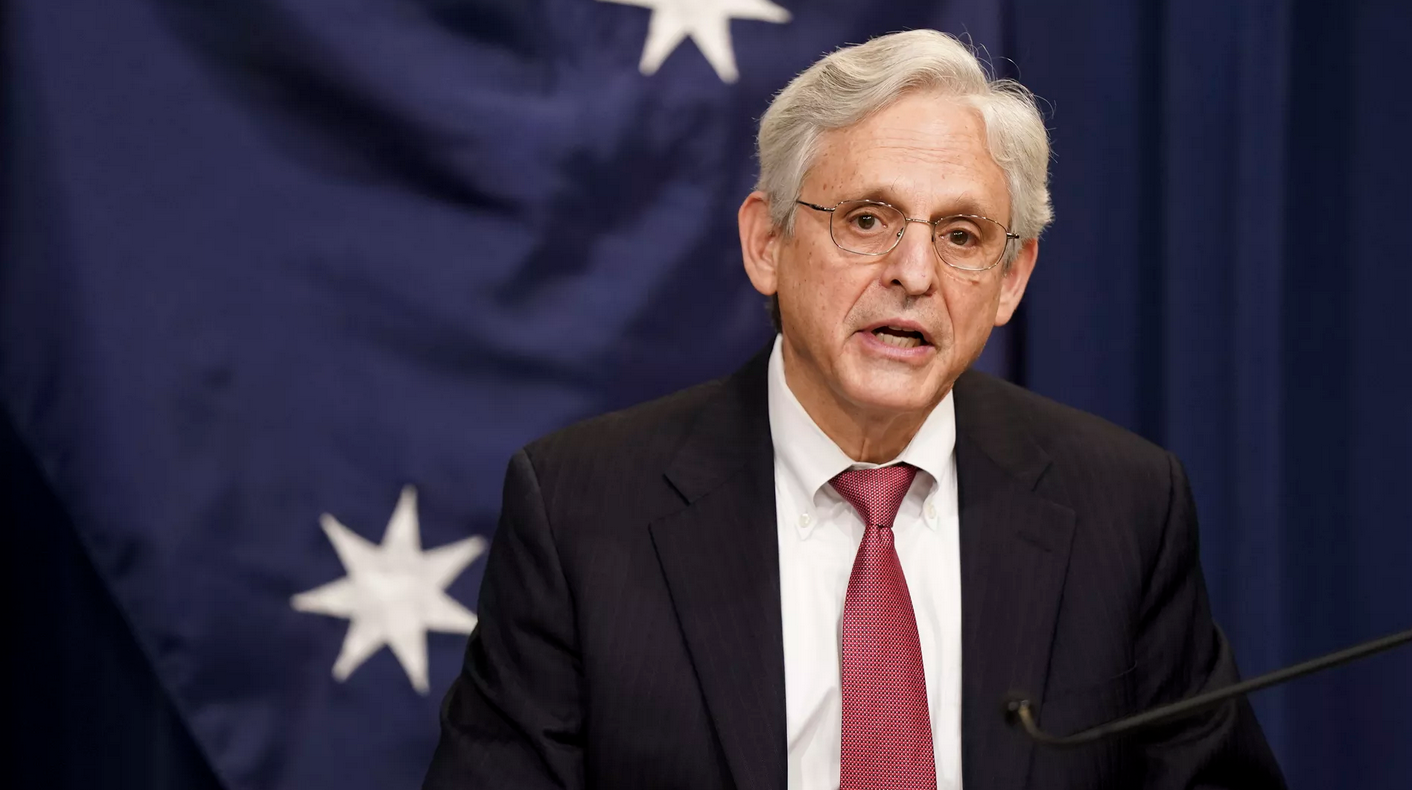
Inmates released during the pandemic can stay home
Attorney General Merrick Garland overruled a Trump-era policy that would have required many released to return and see out their sentences.
On Tuesday, Dec. 21, Attorney General Merrick Garland ordered the Bureau of Prisons to permit federal inmates released due to the pandemic to remain at home.
Garland’s instruction reverses a Trump administration decision that would have required many of those who were released to return to their prison cells.
“Thousands of people on home confinement have reconnected with their families, have found gainful employment, and have followed the rules,” Garland said in a statement.
Federal inmates released to limit the spread of the coronavirus can remain at home, Attorney General Merrick Garland said Tuesday. https://t.co/nilNjWZazk
— Newsmax (@newsmax) December 22, 2021
The Department of Justice’s Office of Legal Counsel said Tuesday that the Federal Bureau of Prisons’ “pre-existing authorities does not require that prisoners in extended home confinement be returned en masse to correctional facilities when the emergency period ends.”
The original releases were authorized under the $2.2 trillion CARES Act that former President Donald Trump signed in March 2020.
As COVID-19 spread, former Attorney General William Barr directed federal prisons to increase the use of home confinement and speed up the release of eligible high-risk inmates. Priority was given to those at low or medium-security prisons where the virus was spreading the fastest.
Barr acted to allow the releases after five inmates died of COVID-related illnesses in Louisiana and Ohio.
Big news from DOJ. They will allow federal convicts on home confinement due to COVID conditions to stay there when the pandemic ends. https://t.co/FYJlffDrAb
— Sam Stein (@samstein) December 21, 2021
via @joshgerstein
Justice Department figures show that more than 35,000 inmates were released to home confinement. The nearly 3,000 of those with longer sentences remaining would have had to return to prison under the previous policy, which declared that home detention was intended to be temporary.
Nearly 8,000 are now on home confinement, according to the federal agency, with the rest either having finished their sentences or been sent back to prison for violating rules of the program
RELATED CONTENT
“We will exercise our authority so that those who have made rehabilitative progress and complied with the conditions of home confinement, and who in the interests of justice should be given an opportunity to continue transitioning back to society, are not unnecessarily returned to prison,” Garland said.
Those who remain on home confinement can continue to reintegrate into society, living with loved ones, holding down jobs and abiding by specific restrictions that governed their release, officials said.
Prison reform advocates have petitioned the Biden administration for months to allow prisoners to remain on home confinement after the emergency is lifted.
In April, 28 members of Congress sent a letter to Biden urging him to reverse the Trump-era decision, which they called “cruel and misguided.” They also wrote that a wholesale return of released inmates to prison would harm families, waste tax dollars and undermine public safety.
Attorney General Garland just called!!!! DOJ will be issuing a new OLC memo today, clarifying that people on CARES act home confinement don’t need to return to prison at the end of the pandemic. I told him thousands would be grateful for this news before the holidays.
— Kevin Ring (@KevinARing) December 21, 2021
Kevin Ring, president of the nonprofit prisoner advocacy group Families Against Mandatory Minimums, told The Washington Post that he spoke with inmates who were overwhelmed with emotion after learning of the Justice Department’s decision.
“This is excellent news for thousands of people and their families to get before the holidays. There is no way the people on CARES Act home confinement should have been sent back to prison, and we are very grateful to the Biden administration for fixing this mistake,” Ring said.











LEAVE A COMMENT:
Join the discussion! Leave a comment.